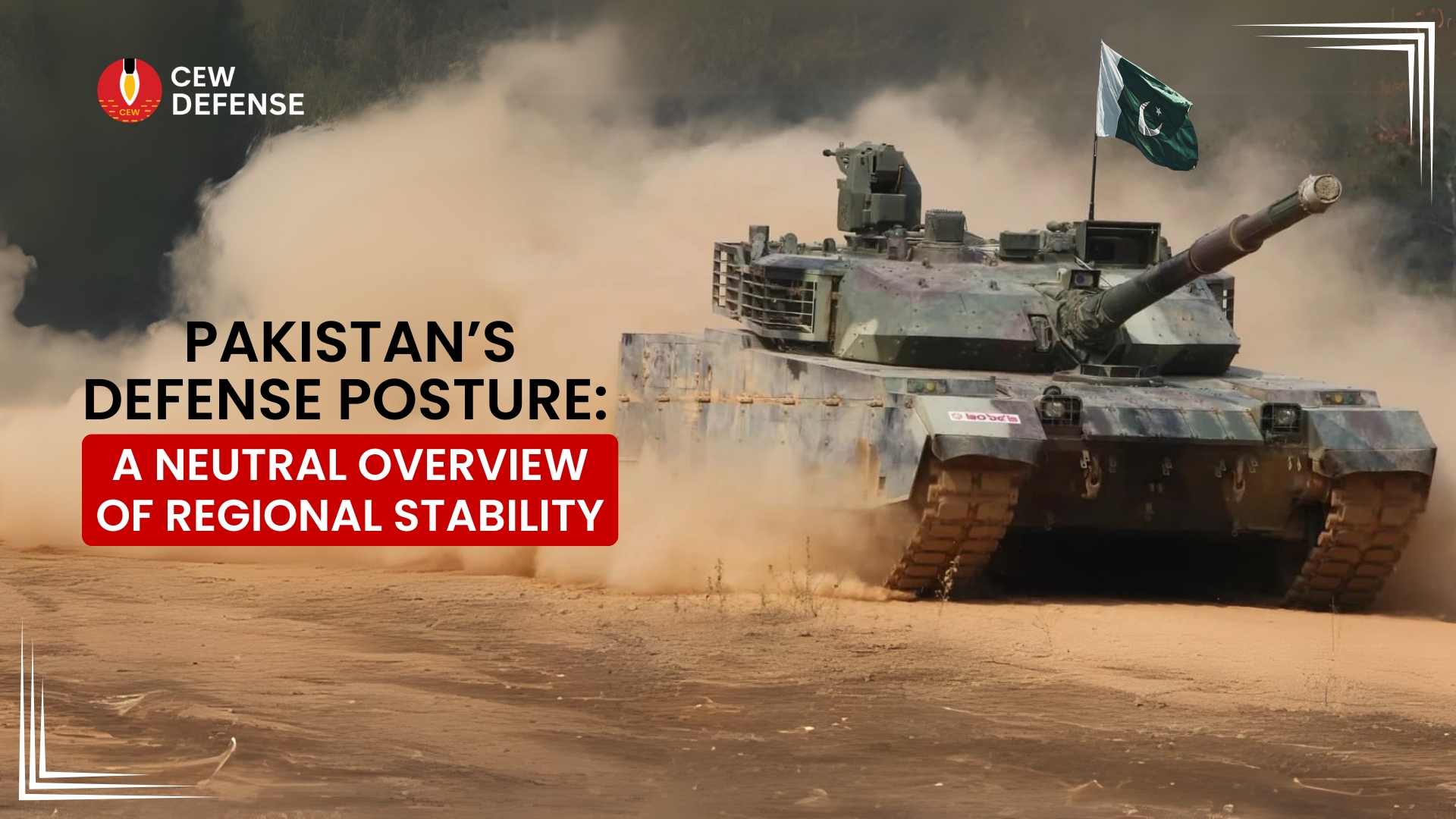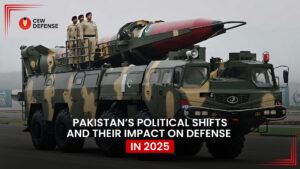Pakistan plays a vital role in maintaining stability in South Asia due to its strategic location. Sharing borders with India, China, Afghanistan, and Iran, Pakistan’s security is crucial not only for itself but also for the entire region. Over the years, Pakistan has developed a defense strategy focused on peace, strength, and deterrence to safeguard its sovereignty and ensure regional stability.
The Role of Pakistan’s Military
After Pakistan’s independence in 1947, the country realized the importance of a strong defense. The Pakistan Army quickly became the main force for national security. The army’s responsibilities extend beyond defending the borders. It has also been involved in peacekeeping missions and humanitarian efforts, contributing to regional cooperation and stability in South Asia.
Nuclear Policy: Ensuring Strategic Stability
In 1998, Pakistan conducted nuclear tests to establish itself as a nuclear power. This was not an act of aggression but a step to maintain balance with India, which had already tested nuclear weapons. Pakistan’s nuclear policy focuses on “minimum credible deterrence,” meaning it maintains enough nuclear strength to protect itself without starting an arms race. This policy has helped prevent large-scale wars, especially since the Kargil conflict.
Pakistan’s nuclear policy is crucial for maintaining security in South Asia. It acts as a deterrent against any potential conflicts, ensuring both Pakistan and India think carefully before engaging in military action.
Modernizing Pakistan’s Defense
As global threats evolve, Pakistan has made significant investments in modernizing its military. Today, threats like cyberattacks, terrorism, and border conflicts require more than just traditional defense. Pakistan has focused on:
- Drone technology: Developing advanced drones for surveillance and defense operations.
- Cybersecurity: Strengthening defense against digital attacks.
- Rapid response units: Training specialized forces to handle emergencies swiftly.
- Surveillance systems: Improving monitoring and communication capabilities to detect threats quickly.
These modern defense capabilities are crucial for Pakistan to stay secure and respond to new regional challenges, ensuring that it remains a strong and prepared military power in South Asia.
Operation Sindoor: A Test of Pakistan’s Defense Strength
In May 2025, tensions between India and Pakistan intensified when a terror attack in Indian-controlled Kashmir led to the launch of Operation Sindoor by India. Indian fighter jets crossed the Line of Control and targeted locations in Pakistan. Pakistan’s air defense systems acted fast, shooting down several Indian drones and intercepting other aerial threats.
Although the operation resulted in casualties—11 soldiers and 40 civilians—Pakistan’s swift response demonstrated the effectiveness of its defense strategy. The incident underscored the importance of Pakistan’s role in maintaining peace in a volatile region. Pakistan’s readiness to defend its sovereignty proves that, while it does not seek conflict, it is prepared for any situation.
Peace Through Diplomacy
Despite its strong defense, Pakistan prioritizes peace and diplomacy in its regional interactions. Pakistan’s defense strategy is not only about strength; it also emphasizes open dialogue and cooperation. Key elements of Pakistan’s peace efforts include:
- Peace dialogues: Pakistan consistently engages in talks with neighboring countries to resolve conflicts peacefully.
- Support for Afghan peace: Pakistan plays an active role in peace processes in Afghanistan.
- Anti-terrorism cooperation: Pakistan works with regional and international partners to combat terrorism.
- Nuclear restraint: Pakistan advocates for nuclear transparency in South Asia, encouraging both Pakistan and India to manage their nuclear arsenals responsibly.
This approach shows that Pakistan believes in peace through preparedness. The country is committed to using its defense strength not to provoke conflict but to create a stable and secure environment in South Asia.
The Impact of Pakistan’s Defense on Neighboring Countries
Pakistan’s defense strategy affects the entire region. A secure Pakistan means:
- Stable borders: Ensuring peace with neighboring countries like India and Afghanistan.
- Better cooperation: Pakistan’s defense efforts enhance regional cooperation, especially in anti-terrorism and security.
- Reduced conflict risk: Pakistan’s military readiness helps prevent the escalation of regional tensions.
- Increased trust: A strong defense posture builds confidence in peace talks and trade agreements.
Pakistan’s military strategy does not only protect the country but also helps promote regional peace and cooperation.
Conclusion: Pakistan’s Strategic Role in South Asia
Pakistan’s defense posture is critical for both its own security and regional stability. The country has built a defense strategy that combines strength with diplomacy. Whether it’s through its nuclear policy, military modernization, or diplomatic efforts, Pakistan remains committed to maintaining peace in South Asia.
In a region marked by complex rivalries and unpredictable tensions, Pakistan’s defense strategy balances preparedness, deterrence, and diplomacy. As South Asia continues to face challenges, Pakistan’s defense posture will remain a cornerstone of both national security and regional peace.







